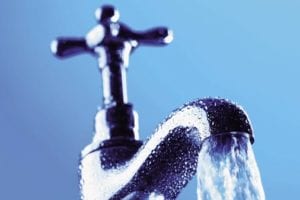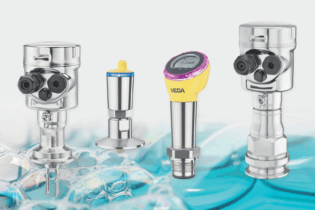You already know that we live in a water-stressed country, receiving an annual rainfall of 492 mm, while the rest of the earth receives 985 mm. In addition, the WWF cautions that 98% of South Africa’s water has already been allocated to users, leaving little surplus water to cater for a growing population and increasing demand.
By Marcus Thulsidas, Director: Business Development, Utility Systems In this context, could it be that prepaid water – like prepaid electricity – is the answer to more sustainable water consumption and management? Well, we at Utility Systems believe it is. But there are five important things that South Africans need to know about installing prepaid water meters.1. What is prepaid water?
Prepaid water means that the consumer purchases water credit in the form of a prepaid water token. When entered into the User Interface Unit (located in the consumer’s home), the token instructs the water management device to allow a certain amount of water through the meter before closing. Consumers can track usage, load credit remotely, and decrease the possibility of bill shock due to leakages or incorrect monitoring. A prepaid water meter can also be used to limit water flowing to a particular area. This helps municipalities and property owners to control the amount of water used at certain outputs and prevents wastage in low-income households that can’t afford to pay for excess use of this basic need. They can make payment in smaller, frequent increments. This prevents their falling into debt, which can compound in a post-paid arrangement.2. Who can access it?
This is completely dependent on the municipality. So even if you’re feeling inspired to install a smart water management device to enable prepaid water, you may not be able to – based on where you live or work. That being said, most municipalities are beginning to embrace prepaid water management technology. So it may just be a waiting game. To find out your eligibility for prepaid water, it’s wise to approach your municipality and ask.If you have a garden cottage, however, you can add an additional meter and smart water management device to the building, to ensure that your tenants don’t rack up huge bills in your name – and then refuse to pay, or leave.







